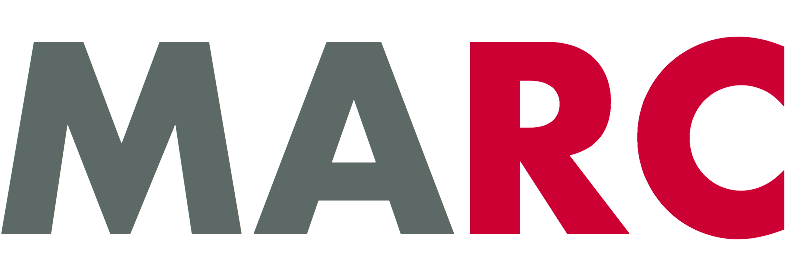The Rutgers–Camden MARC program is designed to help students become maximally competitive for PhD programs following graduation. This includes a full-time “Rising Junior Summer Research Experience” at either Rutgers–Camden or the University of Pennsylvania, a “Rising Senior Summer Research Experience” at a research-intensive university anywhere in the country, year-round research at either Rutgers–Camden or the University of Pennsylvania, and various professional development activities. Before being accepted as a MARC scholar, all first-year and sophomore students can participate in “pre-MARC” activities to help increase their success in applying to the program. Once accepted into the program, students should expect the following as a Rutgers–Camden MARC Scholar.
Financial Support:
- Monthly financial stipend (~$1,114/month)
- Partial tuition benefits for Fall and Spring semesters
- Travel and conference expenses (airfare, hotel shared room, per diem, etc.) for 1 conference per year
- Travel and Housing during Summer Internships
Tentative Timeline:
(we endeavor to customize this experience to each student, so the below plans are subject to change)
Junior Year:
Summer:
Rising Junior Summer Research Experience: Students will conduct research at Rutgers–Camden or the University of Pennsylvania full-time over the summer with any Rutgers MARC Faculty.
Semi-weekly MARC meetings: We will meet as a group on a semi-weekly basis for professional development over the summer.
Identifying Conferences: Students will identify a conference of their choice to attend in the Fall or Spring of their Junior year. Students may not have data to present, but are encouraged to submit an abstract. ABRCMS and SACNAS are highly encouraged.
Fall:
MARC Research: Students will conduct research with their Rutgers–Camden MARC Mentor’s lab for 15 hrs/week. Students are discouraged from working more than 15 hrs/week. Students will receive academic credit for this work in the Special Problems in Biology (SPB 491) course.
Identifying Research-Intensive Summer Internship Opportunities: Students will identify summer REUs or other internships that they will apply for to conduct their “Rising Senior Summer Research”.
Communicating Biological Science: Students will be required to take the 3 credit “Communicating Biological Science” course to refine their ability to write research articles, posters, and grants as well as present their research in oral formats.
Biology Day: Students will present their research at the Rutgers–Camden Fall Biology Day.
Monthly Meetings: We will meet as a group on a monthly basis for professional development.
Spring:
Continuing MARC Research: Students will continue their MARC research at 15 hrs/week and will receive academic credit for this work in the Special Problems in Biology (SPB 492) course.
Applying to Research-Intensive Summer Internship Opportunities: Students will apply to identified Summer Research Internships.
GRE prep: Students will begin preparing for their GREs
Biology Day: Students will present their research at the Rutgers–Camden Spring Biology Day.
Monthly Meetings: We will meet as a group on a monthly basis for professional development.
Identifying Graduate Schools: Students will identify graduate schools they are interested in applying to.
Senior Year:
Summer:
Rising Senior Summer Research Experience: Students will conduct full-time (40 hr/wk) research at a Research-intensive University for 10 weeks at a university of their choice.
Completing the GREs: Students will take the GREs.
Fall:
Continuing MARC Research: Students will return to their primary MARC research lab at 15 hrs/week and will receive academic credit for this work in the Thesis Honors (TH 495) course.
Applying to Graduate School: Students will apply to graduate schools
Biology Day: Students will present their research at Biology Day.
Monthly Meetings: We will meet as a group on a monthly basis for professional development.
Spring:
Continuing MARC Research: Students will continue their MARC research at 15 hrs/week and will receive academic credit for this work in the Thesis Honors (TH 496) course.
Biology Day: Students will present their final research project at Biology Day.
Monthly Meetings: We will meet as a group on a monthly basis for professional development.
